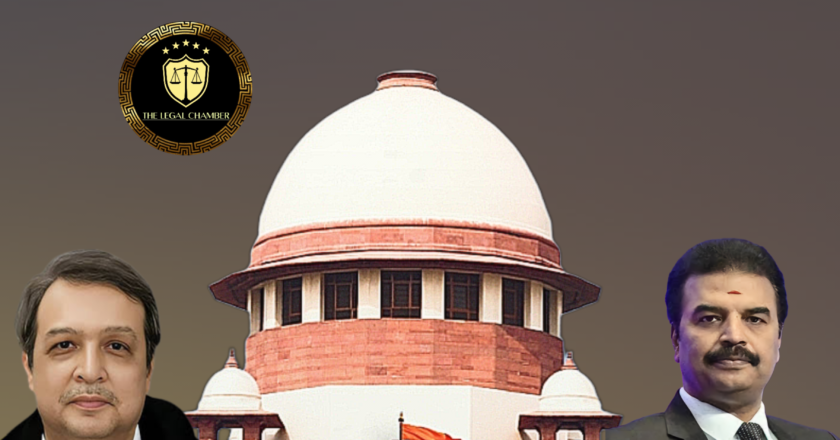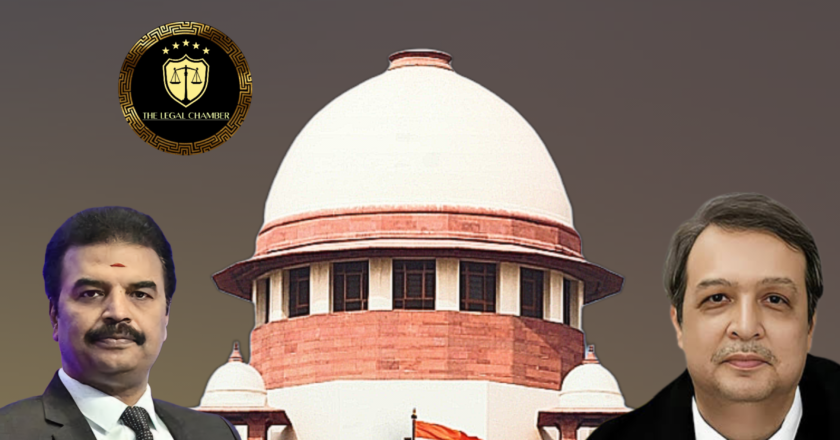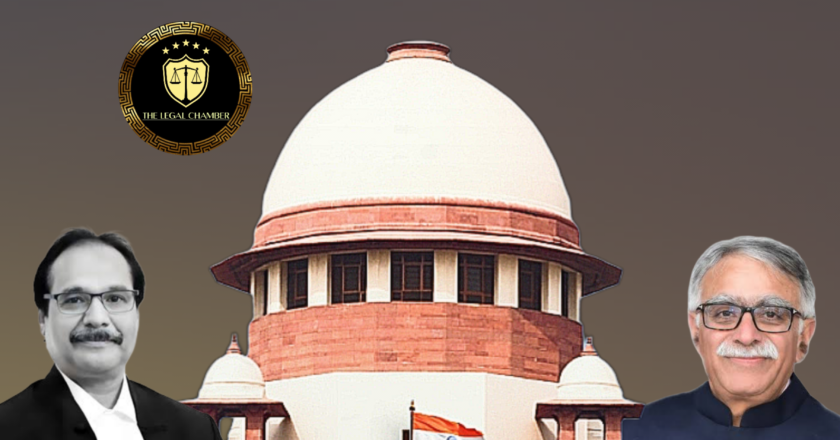Supreme Court Denies Specific Performance Over Tainted Agreement: Readiness to Pay Not Enough
The Supreme Court upheld the denial of specific performance, ruling that a material alteration in the sale agreement—visibly apparent from the use of different ink for a property's description—vitiated the contract. Courts are not always obligated to seek expert opinion under Section 73 of the Evidence Act when such an alteration is plainly discernible upon a mere perusal of the document itself.
Facts Of The Case:
The plaintiff-appellant, Syed Basheer Ahmed, entered into a sale agreement dated July 15, 1984, with the first defendant for the purchase of two properties: Item No. 1 (owned by the first defendant) and Item No. 2 (owned by a third party). The total agreed consideration was Rs. 56,000/-, with an advance of Rs. 1,000/- paid. The agreement stipulated that the sale deed was to be ...



